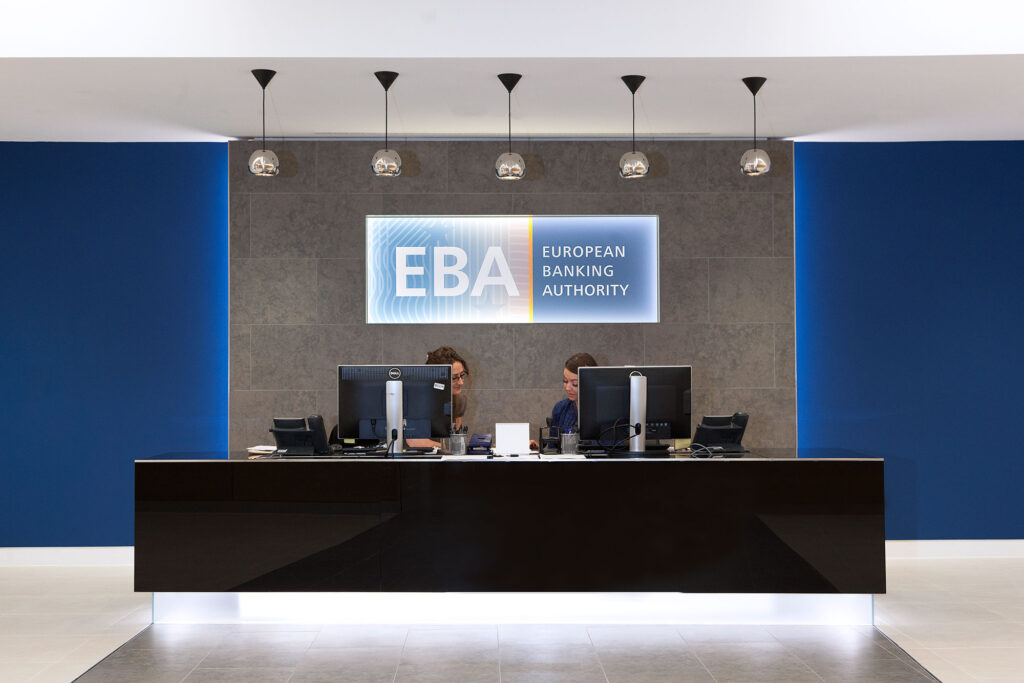The Joint Committee of the three European Supervisory Authorities (EBA, EIOPA and ESMA – ESAs) launched today a public consultation on draft regulatory technical standards (RTS) to help Member States determine when payment service providers and electronic money issuers should appoint a Central Contact Point (CCP) to support the fight against money laundering and terrorist financing. These draft RTS are part of the Joint Committee’s work to establish consistent and effective risk-based supervisory practices across the EU. The consultation runs until 5 May 2017.
Payment service providers and electronic money issuers with a head office in an EU Member State can operate establishments like agents or distributors in other host Member States. Such establishments have to comply with the anti-money laundering and countering terrorist financing (AML/CFT) regime of the Member State in which they are based, even if they are not obliged entities themselves. Effective AML/CFT oversight of such establishments can, therefore, be difficult.
The ESAs’ draft RTS set out the criteria Member States will consider when deciding whether foreign payment service providers and electronic money issuers should appoint a CCP, and list the functions this CCP should perform. The aim is to support the development of a CCP regime that is clear, proportionate and risk-based, and effectively supports the fight against money laundering and terrorist financing.
Consultation process
The EBA statement and the consultation paper can be found here.
All contributions received will be published following the close of the consultation, unless requested otherwise. Please note that the deadline for the submission of comments is 5 May 2017.
A public hearing will take place at the EBA premises on 21 April 2017 from 10:00 to 12:00 UK time.
Legal basis and background
These RTS have been drafted in accordance with Article 45(10) of Directive (EU) 2015/849, which requires the ESAs to set out the criteria Member States will use to determine whether a CCP must be appointed and to determine the functions a CCP must have to fulfil its duties.
The 4th AML Directive allows Member States to require foreign payment service providers and electronic money issuers to appoint a CCP so as to ensure compliance of local establishments with the Member State’s AML/CFT requirements. In addition, a CCP acts as a point of contact between the foreign payment service provider or electronic money issuer and the Member States competent authority and, therefore, facilitates the AML/CFT supervision of such establishments.
